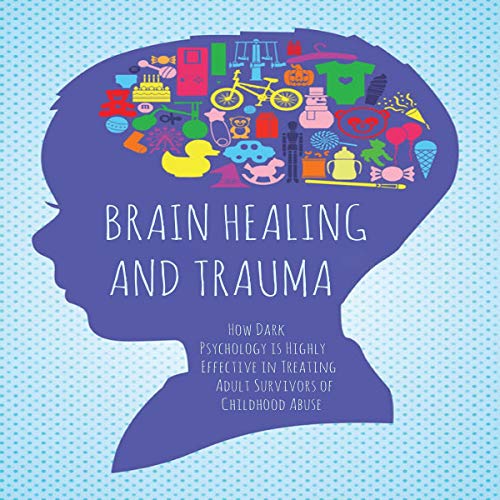
Brain Healing and Trauma
How Dark Psychology Is Highly Effective in Treating Adult Survivors of Childhood Abuse
Échec de l'ajout au panier.
Échec de l'ajout à la liste d'envies.
Échec de la suppression de la liste d’envies.
Échec du suivi du balado
Ne plus suivre le balado a échoué
Acheter pour 8,71 $
-
Narrateur(s):
-
Christi Madison
-
Auteur(s):
-
Brittany Forrester
À propos de cet audio
Approximately 50 percent of the population will experience a traumatic event at some point in their lives. While reactions to trauma can vary widely, and not everyone will develop post-traumatic stress disorder (PTSD), trauma can change the brain in ways that everyone should be aware of, especially if you or someone close to you is struggling to cope after trauma. With increased awareness, you can seek treatment to address your symptoms and learn skills that could actually rewire your brain for recovery. Additionally, knowing what’s going on can be immensely helpful because it may help you realize that you’re not "crazy", irreversibly damaged, or a bad person. Instead, you can think of a traumatized brain as one that functions differently as a result of traumatic events. And just as your brain changes in response to past experiences, it can also change in response to future experiences. In other words, the brain is “plastic", and you can change it.
The depth or imaginal psychotherapy is highly effective in treating and assessing adult survivors of childhood abuse. Specifically, interventions that use dreams, symbols, and metaphor, as well as expressive art techniques, are deemed especially valuable as they address dissociative changes (affecting regulation, sense of self, and diminished imagination).
Specifically, this book proposes that prominent symptoms of PTSD, such as changes in affect regulation, sense of self, and use of imagination, are better neurologically matched to therapeutic interventions that foster right-brain processes. An assessment tool, the Imaginal Sense of Self and Affect Test (which will be further referred to as the ISSA8 Test), has been developed, which evaluates the underlying intrapsychic changes causing these symptoms and gives an enhanced understanding of the trauma-afflicted client, despite her inability to express such insights. By assessing specific depth psychological aspects of the individual’s shattered sense of self, a more focused and efficient treatment plan can be created sooner in the course of therapy.
©2020 Brittany Forrester (P)2020 Brittany Forrester

